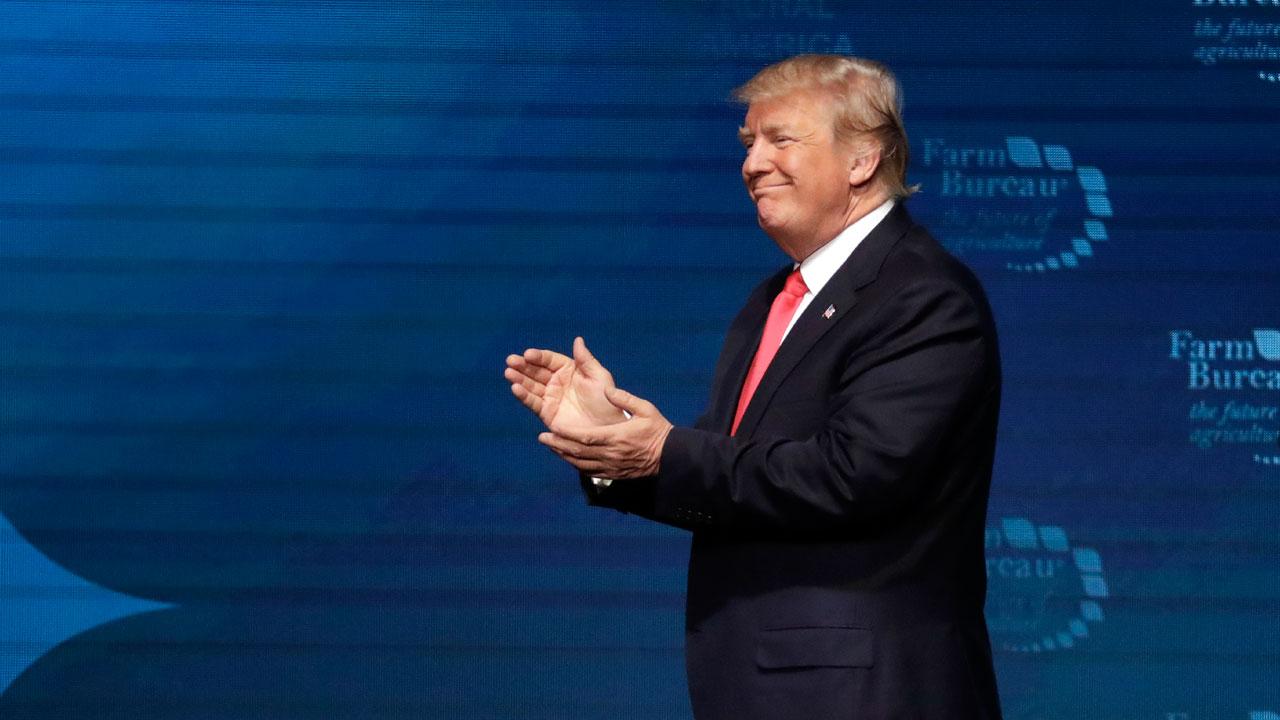Trump, Australia’s Turnbull talk TPP as trade debate continues
Stefan Selig, former undersecretary of commerce for international trade, on Friday said he would be “surprised” if President Donald Trump decided to put tariffs on members of the Tran-Pacific Partnership.
“I would be surprised if we start putting tariffs on our partners, don’t forget those other 11 countries are fundamentally amongst our strongest allies in the world and they represent such an important growing part of the economy, which our businesses need access to,” he told FOX Business’ Liz Claman on “Countdown to the Closing Bell.”
Last year, President Trump issued an executive order removing the United States from the Trans-Pacific Partnership, which he claimed was a “terrible” agreement. However, the president recently said that he may consider putting the U.S. back in the agreement if the pact is improved.
The nations that are currently still participating in the trade pact are Australia, Chile, Brunei, Canada, Japan, Malaysia, Mexico, New Zealand, Peru, Singapore and Vietnam.
“[Trump] said that he prefers bilateral deals to multilateral deals and this [TPP] is the queen of all multilateral deals. When it was TPP, it was a 12-country deal,” Selig said.
Twenty-five Republican lawmakers sent a letter to the president, saying that they support his initiative to possibly re-enter the United States into the trade agreement.
Australian Prime Minister Malcolm Turnbull is trying to lure Trump back into the trade agreement by offering to invest some of Australia’s public pension assets in U.S. infrastructure. The U.S. currently has a bilateral agreement with Australia and according to the Census Bureau, the United States enjoys a trade surplus with “the Land Down Under.”
Selig, who worked under the Obama administration, argues that having one successful bilateral deal doesn’t mean the U.S. should only work with individual countries.
“[Trump] also complains about our bilateral deal with Korea where we run a trade deficit, which was our most recent bilateral deal that we’ve negotiated. I think it’s hard to draw conclusions from one particular bilateral deal versus multilateral deals,” he said.




















